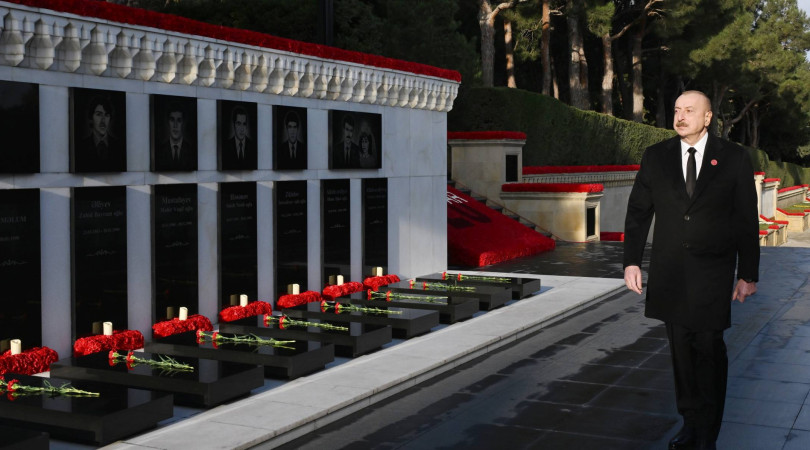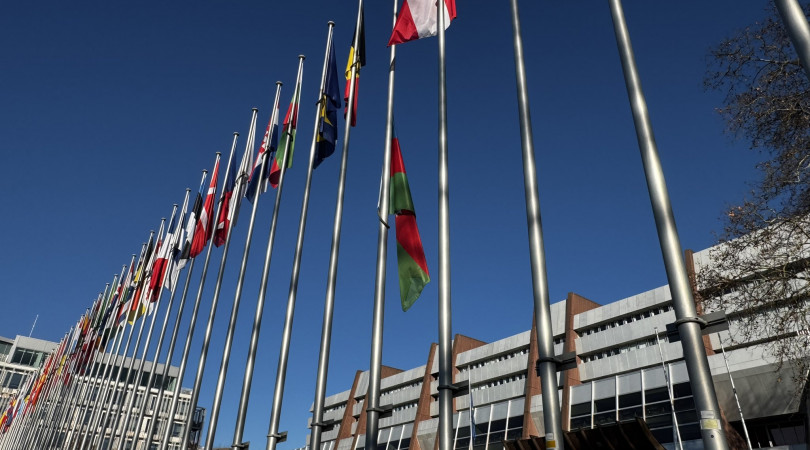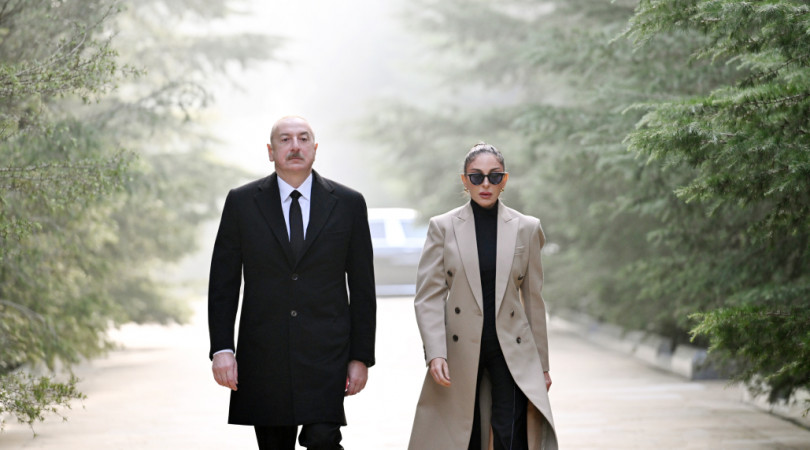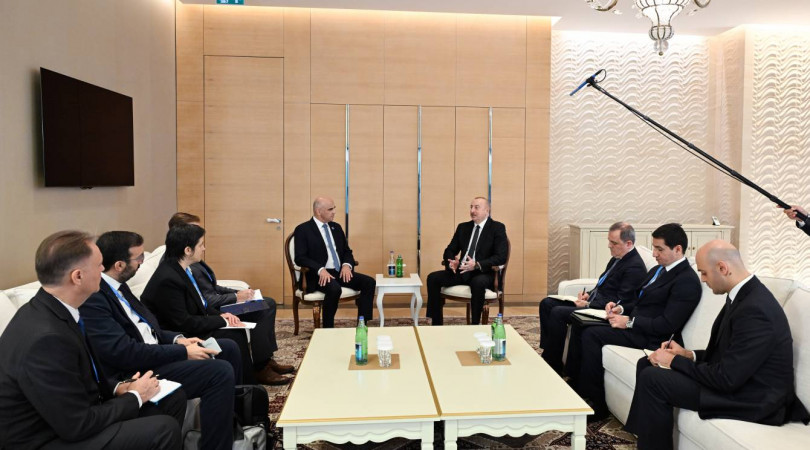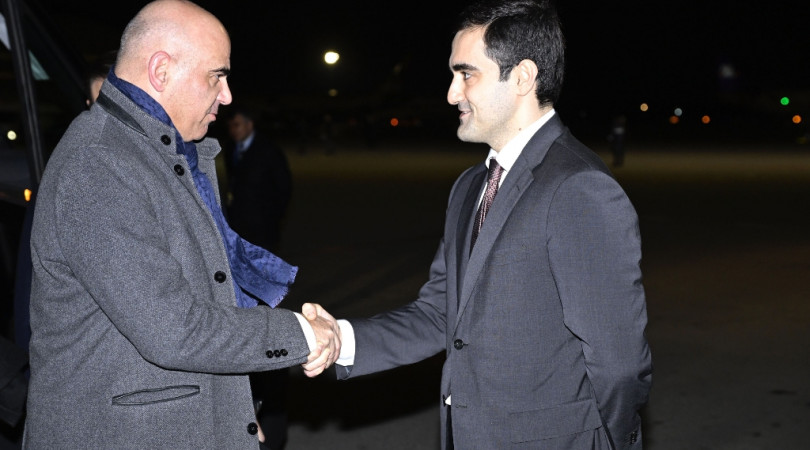Statement of the Ministry of Foreign Affairs of the Republic of Azerbaijan
On the night of January 19 to 20, 1990, by order of the USSR leadership, 26,000 soviet troops were deployed to launch an operation called "Strike" (Udar) in Baku and Sumgait, as well as other cities of Azerbaijan. As a result of this military intervention, 147 civilians were killed and 744 were seriously injured. This event went down in the history of modern Azerbaijan as "Black January".
On January 19, 1990, the Chairman of the Supreme Soviet of the USSR, M. Gorbachev, flagrantly violating Article 119 of the USSR Constitution and Article 71 of the Constitution of Azerbaijan SSR, signed a decree declaring the state of emergency in Baku from January 20. However, in order to keep the population unaware of it, the group “Alfa” of the USSR State Security Committee blasted the power unit of the Azerbaijani television and hence broadcasting in the country cut off. Thus, that night the troops entered the city, which was unaware of the declaration of a state of emergency, and ruthlessly persecuted the civilians.
Before these tragic events, the groundless territorial claims of Armenia against Azerbaijan in the late 1980s, the aggressive separatist activities of Armenian chauvinists in the Nagorno-Karabakh Autonomous Region of Azerbaijan and the soviet leadership's ignorance of this illegal activity, as well as the violent and brutal deportation of hundreds of thousands of Azerbaijanis from Armenia spurred the expansion of the movement against the Soviet government in Azerbaijan. The Soviet army deployed to the country in order to prevent the national movement and break the will of the Azerbaijani people for independence, committed an unprecedented massacre against the peaceful population, violating the norms of international law, the Constitutions of the former USSR and the Azerbaijan SSR.
Immediately after the tragic events, holding a press conference at the Permanent Representation of Azerbaijan in Moscow, national leader Heydar Aliyev sharply condemned this atrocity, called this terror perpetrated against peaceful people an act against law, democracy, and humanity, and demanded political assessment of the massacre against our people and punishment for the perpetrators. After the return of national leader Heydar Aliyev to political power in Azerbaijan, the tragedy of 20 January received political-legal assessment at the state level. At a special session of the Parliament (Milli Majlis) in February 1994, the brutal murder of innocent people on January 20, 1990 was regarded as military aggression and crime, and as a result of the deliberations in March 1994, decision “on the tragic events committed in Baku on January 20, 1990” was adopted.
In order to rightfully analyze and evaluate the realities of our history, it is necessary to properly assess the events that led to the January 20 tragedy. The basis of all these calamities was the baseless territorial claims of the Armenians, who were massively resettled in the region, especially in the historical lands of Azerbaijan since the early 19th century.
Since the beginning of the 20th century, the Azerbaijani people have been exposed to the violent and racial discrimination policy of the Armenian nationalists and have been the victims of unprecedented massacres. Since the late 1980s, with the disintegration of the USSR, Armenia has pursued an open aggressive policy against Azerbaijan and consequently, the Nagorno-Karabakh and seven adjacent regions of Azerbaijan were occupied. Along with the Azerbaijanis forcibly expelled from their places of permanent residence in Armenia, hundreds of thousands of Azerbaijanis, historically living in the now occupied territories, were subjected to ethnic cleansing. In justification of their territorial claims against Azerbaijan, back in 1988 radical-minded Armenian forces initiated a provocation in the city of Sumgait, the main initiator and organizer of which, according to the materials of the USSR Prosecutor General’s Office, was an ethnic Armenian Eduard Grigoryan, and he was sentenced to 12 years in prison. The subsequent release of this criminal, who was sent to Armenia to serve his sentence, is a clear indication of the perpetrators of these events.
The bloody events of January 20, committed 30 years ago, require a political and legal assessment of the international community. As a result of this brutal tragedy, the UN Universal Declaration of Human Rights, the International Covenant on Civil and Political Rights, and other international legal documents have been grossly violated and, by its essence and scope, this event was one of the serious crimes of the 20th century. The former soviet leadership is directly responsible for this crime. According to international law, the events of January 20 should be described as a crime against humanity and its initiators and executors must be punished.

